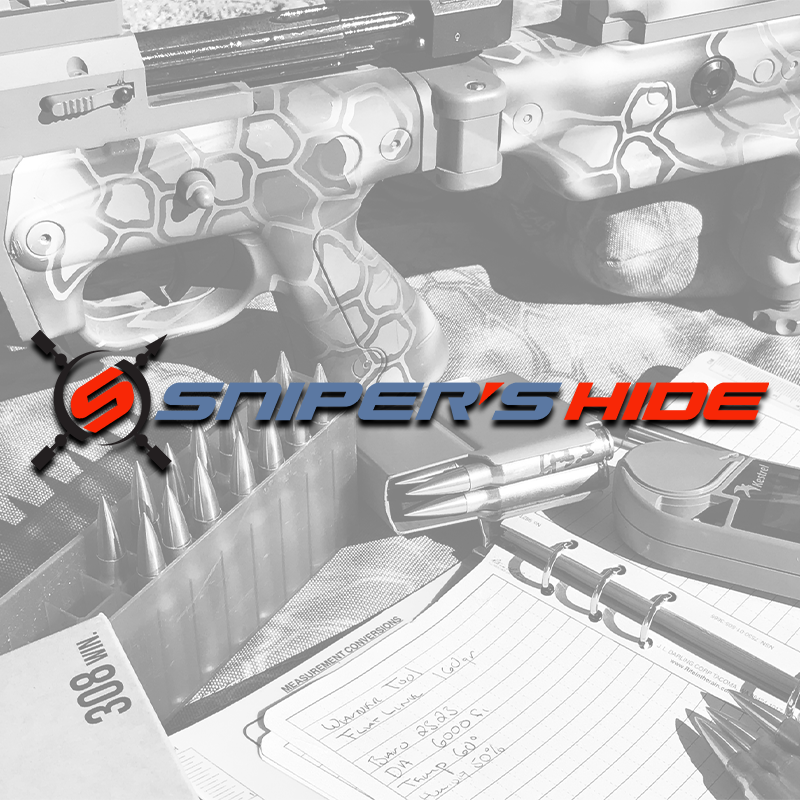The amount of torque has some variables and should not be blanket statement referenced.
Pitch makes a huge difference. A 48tpi will apply more clamping force with a given torque input than a 40tpi.
Materials make a difference too. Sako screws are made of butter and stretch around the time you touch them. Stainless screws in stainless rings can have frictional losses greater than those in steel.
Pitch makes a huge difference. A 48tpi will apply more clamping force with a given torque input than a 40tpi.
Materials make a difference too. Sako screws are made of butter and stretch around the time you touch them. Stainless screws in stainless rings can have frictional losses greater than those in steel.

